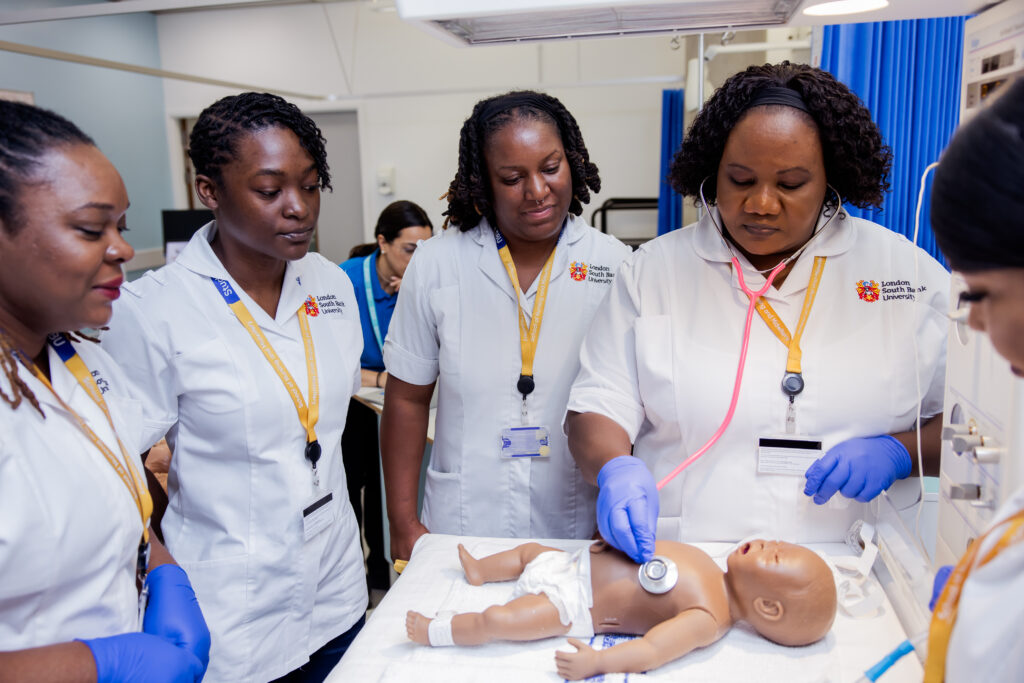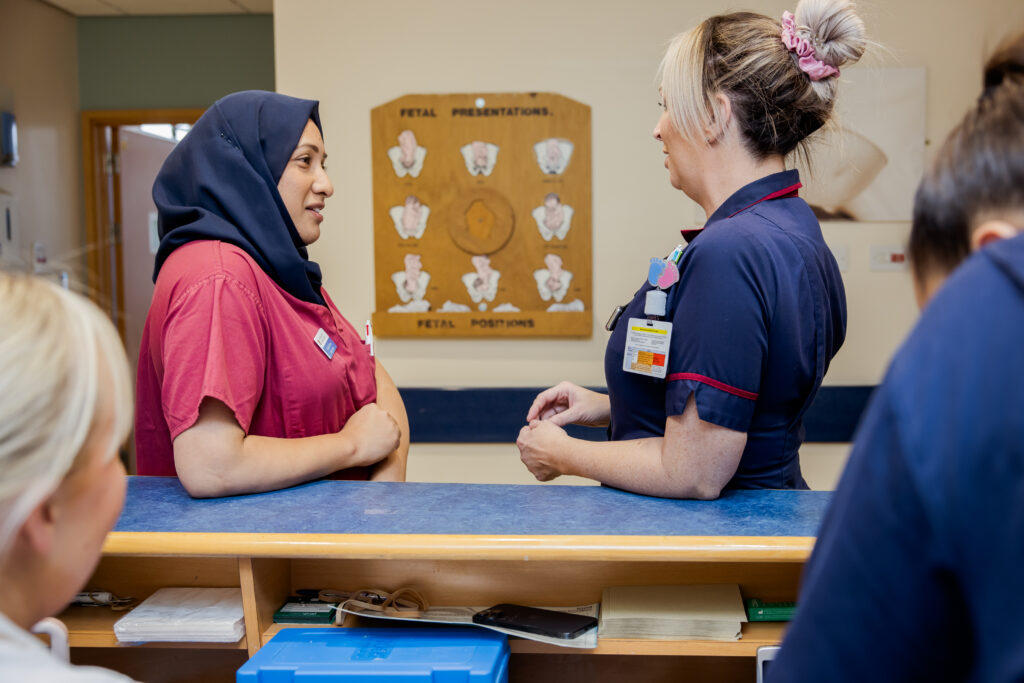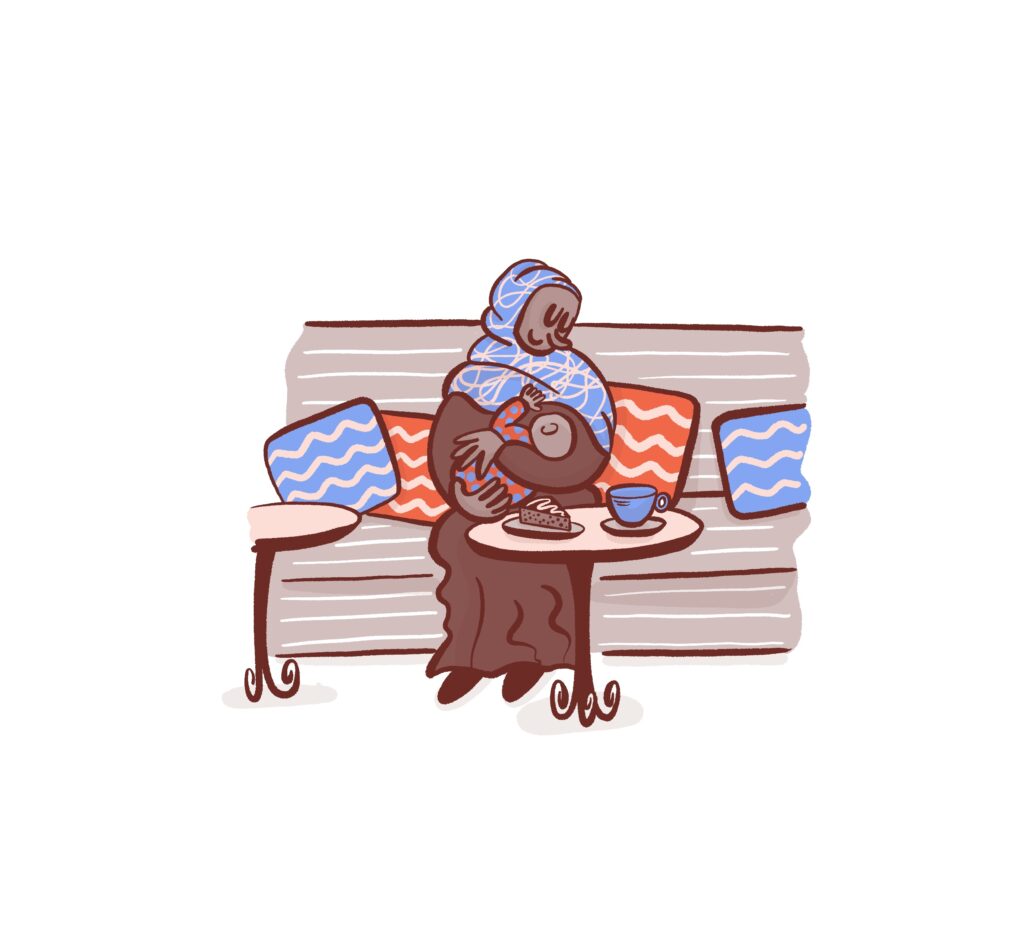MIDIRS Search Pack of the Month for September is Student Resources 2025-2026, a comprehensive resource designed to give the newest generation of midwives-in-training the best start to their career.
Embarking on your midwifery journey can be a daunting transition. At the Midwives Information and Resource Service, we want to support your learning and development though provision of comprehensive evidence-based research. As the world’s largest midwifery-specific research database, we aim to help midwives, students, and maternity support workers through provision of resources: MIDIRS subscribers gain access to the Maternity and Infant Care database, MIDIRS Midwifery Digest (our quarterly research journal), and over 550 Search Packs (collections of research grouped by topic, curated by our librarians).
As part of our commitment to supporting the midwifery community, we release a free Search Pack of the Month, often aligned with something topical occurring within the maternity profession. To commemorate the newest cohort of student midwives beginning their studies this month, we are releasing our Student Resources Search Pack for 2025-26. Unlike other Search Packs of the Month, this resource will be available all year, to reach as many students as possible. You can find it, along with other resources for student midwives, in the ‘Student Support’ tab on the ‘Products & Services’ section of our website.
Plus, take a look back at articles discussing midwifery student resources that have featured in past editions of MIDIRS Midwifery Digest:
‘Reframing leadership for student midwives’ Chelsea Beckford-Procyk (March 2023)
There are many things student midwives need to consider throughout their studentship. Completion of practice hours, passing assessments and maintaining their health and wellbeing, to name but a few. One thing that may not be emphasised is leadership and, specifically, how student midwives are in an excellent position to explore their passions to make tangible changes to their field. In this reflective piece the author reflects on their journey into student leadership and how it impacted their philosophy as a student and midwife.
‘Literature searching explained!’ Louise Deighton-O’Hara, Michelle Brumby (December 2021)
The authors present an overview of how to conduct literature searches in bibliographic databases. This includes tips on choosing a database, using Boolean operators, creating a list of keywords and exporting results into reference management software.
‘How to read a research paper’ Robin Parsons (September 2021)
Academic writing can seem complex, especially for those unfamiliar with research. However, most papers are set out in a similar manner. Once you are familiar with this, searching and reading journal articles becomes simpler. This short article goes through the main components of a research paper and what to expect in each section.
‘Introducing midwifery students to the world of research: building the basis for future leaders in evidence-based practice’ Sara Borrelli, Louise Walker, Julie Jomeen et al (September 2020)
This educational project aimed at involving undergraduate midwifery students as co-investigators in research studies, with the primary aim of acquiring first-hand experience of operationalising fundamental aspects of the research process by working with established researchers. The secondary aim of the project was to evaluate students’ experience of being involved as co-investigators in a research study.
This initiative involved six undergraduate midwifery students in two qualitative research studies. Students were involved in the following activities: development of focus group topic guides; data collection (focus group facilitation and co-facilitation) and analysis; preparation of abstracts for peer review; poster and conference presentations; team meetings; group work and research seminars.
This paper reports the educational initiative and students’ experiences. The project was perceived by students as an exciting and unique opportunity to experience research first hand. Students gained direct knowledge and understanding of the research process and how that builds the evidence base for midwifery practice and service provision, with the ultimate aim of improving care for childbearing women and their families.
The academic team hopes that the participants’ involvement in this project will have a direct, authentic and long-lasting impact on their remaining experience as student midwives and future qualified midwives. Long-lasting effects include: a) providing a novel for inclusion in the student’s portfolio with potential to increase employability; b) gaining insights into activities involved in midwives’ development beyond registration, such as Masters and PhD programmes; c) providing students with a greater understanding of different midwifery roles and career paths, including the current priority for developing clinical academic careers.
To read these papers in full, plus hundreds more midwifery-related articles, subscribe to MIDIRS and access our full MIC database, as well as our quarterly Digest. Did you know that student midwives receive a discounted subscription rate, plus an additional 20% discount if they are a member of the Royal College of Midwives?
Click below to explore our subscription rates and discover what a MIDIRS subscription can do for you.


